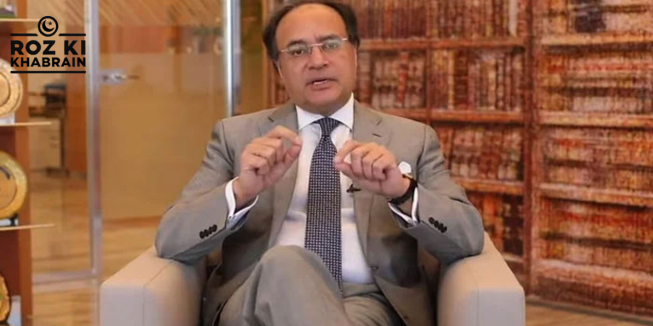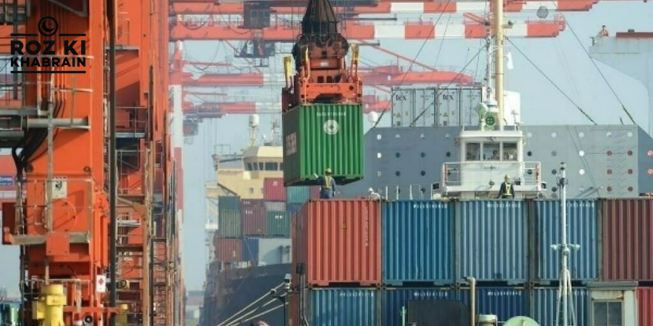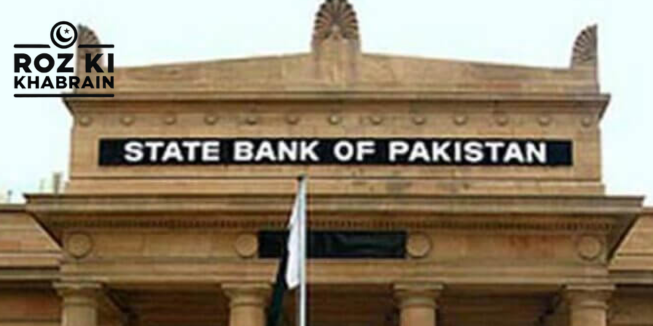Finance Minister Muhammad Aurangzeb announced on Sunday that the number of tax filers for the current fiscal year has nearly doubled compared to the previous year, with approximately 723,000 new filers registering.
On September 20, Prime Minister Shehbaz Sharif approved a series of stringent measures to enhance tax enforcement and compliance, including a ban on all banking and financial transactions for individuals who do not file tax returns.
“We are committed to following through on our promises as a government,” Aurangzeb stated during a press conference in Islamabad alongside the Federal Board of Revenue (FBR) chairman. “This demonstrates our determination moving forward.”
The finance minister also revealed that the FBR chairman had presented a report to the prime minister regarding non-filers and under-filers, estimating that tax evasion by under-filers amounted to Rs1.3 trillion.
“We must declare war on cash in this country,” he asserted. “If we want to join the G20, it will only be possible if we move towards a documented economy.”
Aurangzeb highlighted that with Rs9 trillion in cash circulating and an FBR budget of Rs9.3 trillion, the actual size of Pakistan’s economy is estimated to exceed $700 billion.
As for non-filers, he emphasized that they will face increasing restrictions, including being unable to purchase vehicles, properties, mutual funds, or open current bank accounts. They will also face difficulties with cash withdrawals and deposits.
For under-filers, the government plans to reduce human intervention by creating a digital system to compare declared assets with their actual value through a digital algorithm.
These measures, according to Aurangzeb, are essential to protect citizens’ rights and prevent tax collectors from harassing individuals. He noted that the government has always had access to lifestyle data, including information on vehicles, properties, and travel, but is now using it effectively to raise the tax-to-GDP ratio.
Discussing inflation, Aurangzeb said it has decreased to single digits and is expected to decline further, largely due to the successful completion of the IMF stand-by agreement.
He also emphasized that the new and extended IMF program is crucial for ensuring long-term macroeconomic stability and implementing structural reforms. In July, the IMF Executive Board formally approved the 37-month, $7 billion Extended Fund Facility, Pakistan’s 24th IMF program since 1958, in exchange for reforms to broaden the country’s low tax base.
Both the prime minister and the finance minister have previously stated that this will be Pakistan’s last IMF program. Aurangzeb reiterated this, stressing the importance of achieving macroeconomic stability to ensure this is the final IMF arrangement.
He added that reforms are underway in the energy and privatization sectors, while efforts to reduce federal spending are being led by the Rightsizing Commission, which he chairs. Six ministries have already been approved for restructuring, with one ministry, the Capital Authority, set to be abolished.




